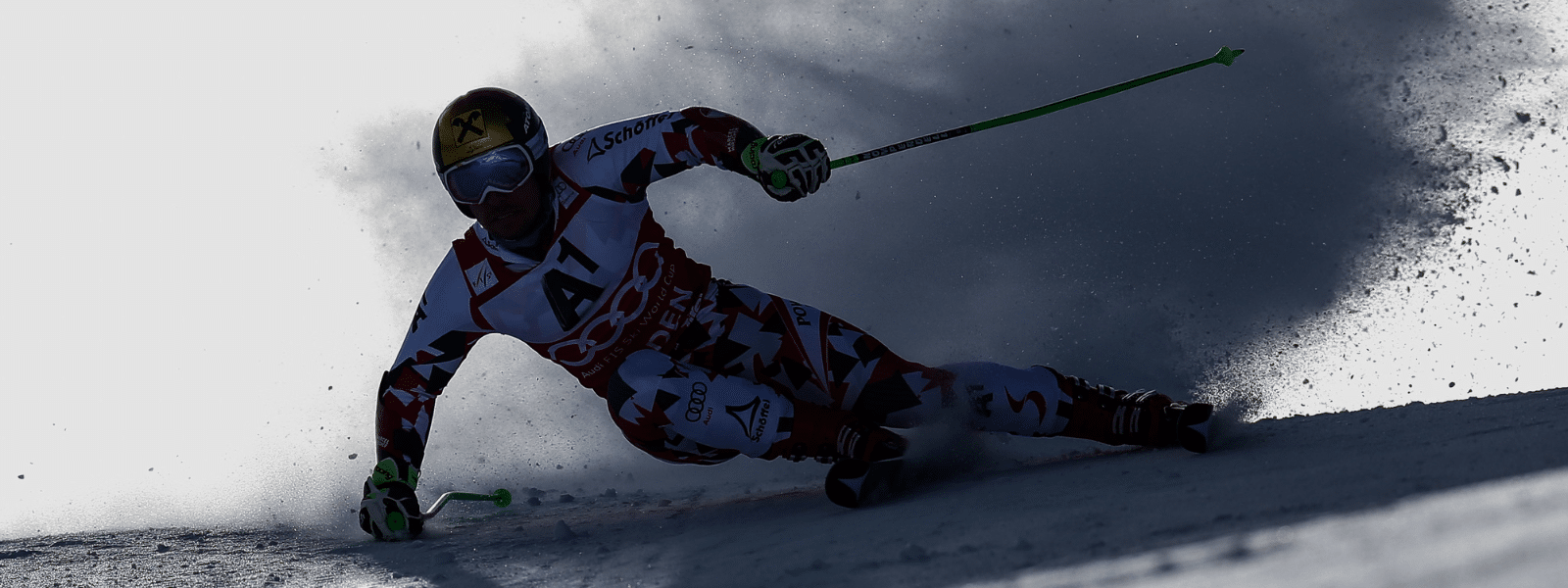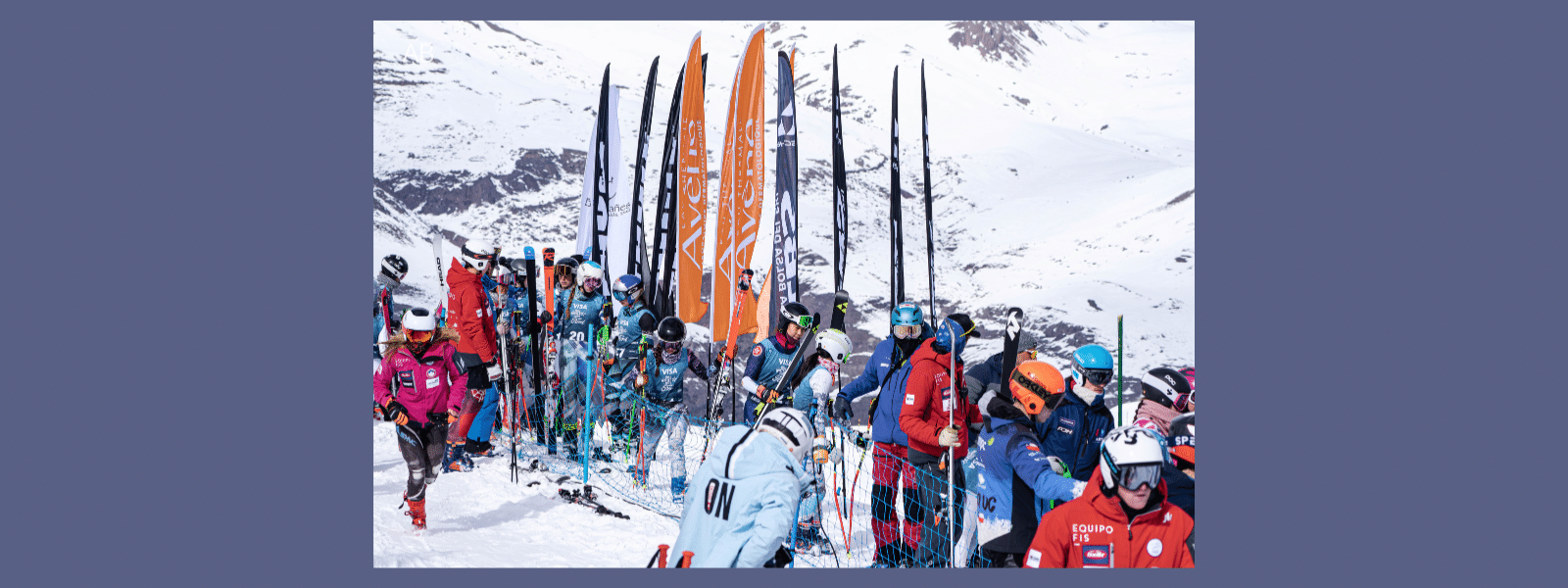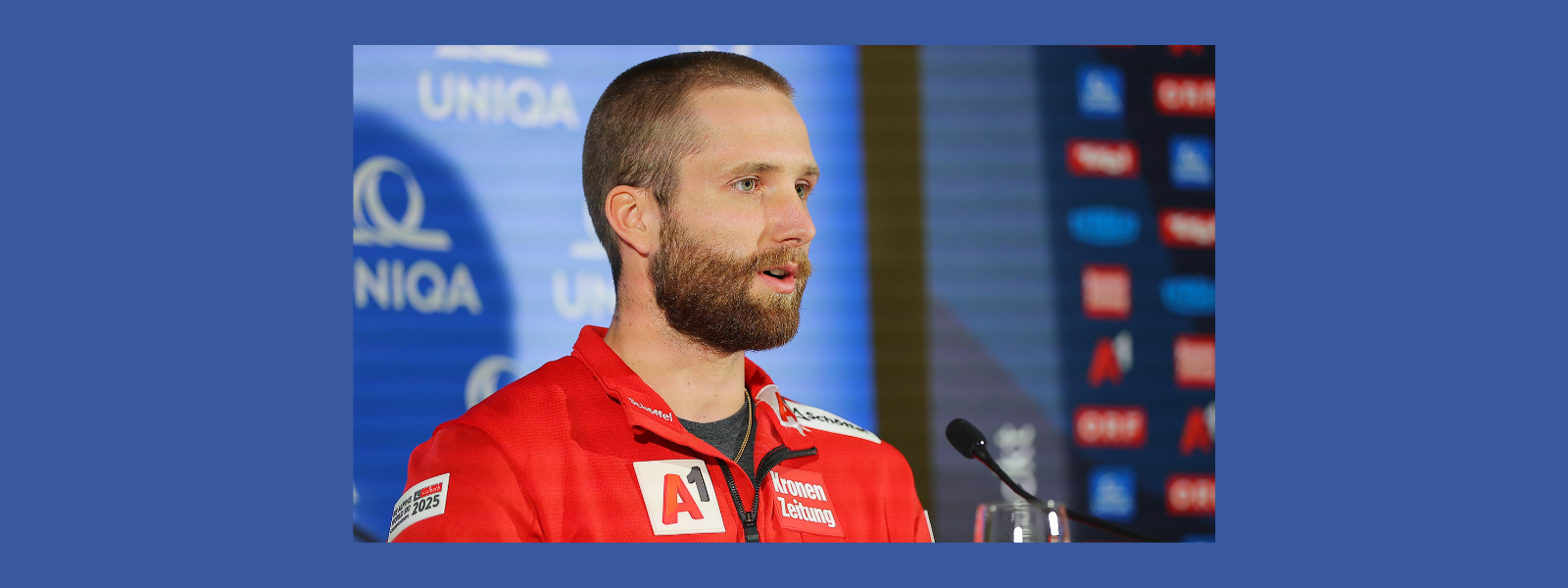A month out, Salzburg takes a hit in 2014 bid critique
Once seen as the front-runner, Salzburg has a lot of work to do in the final month of the race for the 2014 Winter Olympics.
The Austrian city in the heart of the Alps came in for some pointed criticism Monday in an International Olympic Committee report assessing the three bid cities — without even a mention of the doping scandal that has dogged the Austrian campaign.
The South Korean city of Pyeongchang received the best overall critique, while the Russian resort of Sochi drew some cautionary comments in the 87-page report by the IOC evaluation commission.
LONDON — Once seen as the front-runner, Salzburg has a lot of work to do in the final month of the race for the 2014 Winter Olympics.
The Austrian city in the heart of the Alps came in for some pointed criticism Monday in an International Olympic Committee report assessing the three bid cities — without even a mention of the doping scandal that has dogged the Austrian campaign.
The South Korean city of Pyeongchang received the best overall critique, while the Russian resort of Sochi drew some cautionary comments in the 87-page report by the IOC evaluation commission.
The report was released exactly a month before the full IOC selects the 2014 host city by secret ballot at its session in Guatemala City on July 4.
The report, based on visits to the three bid cities this winter by a panel of experts, assessed the candidates on a range of key issues, including sports venues, security, financing, accommodation, transportation and government and public support.
While the IOC did not rank the cities, the report identified strengths and weaknesses which could be used to differentiate them in overall terms.
The report termed the sports venue concepts of Salzburg and Pyeongchang as ''excellent'' and Sochi's as ''very good.''
All three bid cities reacted to the report with upbeat statements singling out the IOC's positive comments, but it was clear that Pyeongchang came out with the fewest negatives and Salzburg was cited for the most shortcomings, including on its budgets, security and public support.
''The commission identified a few areas where Salzburg can improve its plan,'' Salzburg Mayor Heinz Schaden said. ''We have been working on these areas since the visit and will continue to make improvements all the way to the final presentation in Guatemala City.''
While the report could sway undecided members, its potential impact is impossible to gauge.
Olympic host city votes can be highly unpredictable. The 115 IOC members often vote for personal reasons, with politics, geography and other intangibles at play.
Pyeongchang emerged out of virtually nowhere in 2003 to come within a few votes of upsetting Vancouver in the race for the 2010 Winter Games.
Voting for Winter Olympic host cities can be particularly open, as many members have little knowledge or interest in snow and ice sports.
With a strong history and tradition of winter sports, a string of existing world-class venues in place and low-risk reputation, Salzburg seemed to be the 2014 front-runner.
While the IOC did pick up on those strengths, it also picked holes in a number of Salzburg's plans: it had failed to meet requirements on some guarantees; its accommodation plans needed ''careful planning''; the transportation budget was ''on the low side''; security costs and resources were ''underestimated,'' and the overall US$965 million operating budget was ''considered to be relatively low'' compared to previous winter games.
Most striking was the result of the IOC's public opinion survey. Pyeongchang came out on top with a 91 percent support level, compared to 79 percent in Sochi and 42 percent in Salzburg. Pyeongchang had 5 percent who oppose the bid, while Sochi had 14 percent and Salzburg 45 percent.
Austrian Chancellor Alfred Gusenbauer moved quickly to try to dispel the concerns, saying the federal government ''has unconditionally guaranteed every dollar'' needed for the games.
The government also ''has guaranteed to cover any and all costs, whatever they may be, to ensure a safe and secure winter games in 2014,'' he said.
''Austria has been recognized for years as one of the three safest nations in the world,'' Gusenbauer said.
The chancellor also took issue with figures indicating the Salzburg bid lacks public support.
''Don't let anyone tell you there will ever be a single empty seat at an Olympic winter event in Salzburg,'' Gusenbauer said. ''The passion for winter sports is unrivaled — it is part of our DNA.''
The IOC report didn't mention the Austrian doping scandal which has threatened to undercut the bid.
Last month, the IOC fined the Austrian Olympic Committee US$1 million for the blood-doping violations among cross-country skiers and biathletes at the 2006 Turin Games. In April, the IOC imposed lifetime Olympic bans on six Austrian athletes involved in the affair.
The Pyeongchang bid, which focuses on expanding winter sports in Asia and fostering peace on the Korean peninsula, received favorable comments on most key issues.
''We are particularly pleased to see that the IOC's independent polling has shown such a high level of public support, demonstrating the tremendous enthusiasm for the Winter Games here in Korea,'' bid chairman Han Seung-soo said.
Sochi, a Black Sea resort seeking to bring the winter games to Russia for the first time, must build most of its venues from scratch. It has strong support from President Vladimir Putin.
The IOC report said completing the infrastructure projects in time would be a challenge.
''Construction would have to be tightly monitored in order to ensure timely delivery for the games, including test events,'' it said.
Russian Deputy Prime Minister Alexander Zhukov said the IOC recognized Sochi's ''visionary and innovative'' plans and the public support of 115 million Russians.
''This exceeds all our expectations,'' he said. ''This makes us extremely glad.''
— The Associated Press













